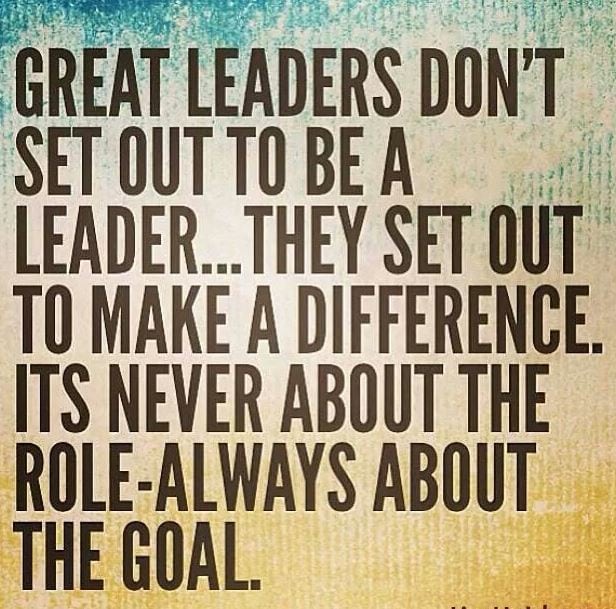
Vale: Jennifer Robin Hall
April 14, 2016Is it appropriate that Christians call God Allah?
April 14, 2016“Exclusion and Embrace” by Croatian theologian Miroslav Volf provides some useful theological tools when considering diversity and inclusion.
During the 1990’s Volf was invited to leave his home in the U.S. to provide theological reflection on the crisis which was occurring in his native Croatia. The extremes of “ethnic cleansing” provided an impetus to develop a theology that took seriously the cycles of violence arising out of “difference”, where both parties are victims and “sinned against”, a theology which might help us consider how such cycles might be broken and peace established.
One particularly challenging passage from Volf’s book discusses the nature of sin and the identity of the “sinned against”. In his theological reflection on “ethnic cleansing” Volf comments:
In the Palestine of Jesus’ day, “sinners” were primarily social outcasts, people who practised despised trades, failed to keep the Law as interpreted by the religious establishment, and Gentiles and Samaritans. A pious person had to separate herself from them; their presence defiled because they were defiled. Jesus’ table fellowship with social outcasts, a fellowship that belonged to the central features of his ministry, turned this conception on its head: The real sinner is not the outcast but the one who casts the other out. Sin is not so much a defilement but a certain form of purity: the exclusion of the other from one’s heart and one’s world. In the story of the prodigal son, the sinner was the elder brother – the one who with-held an embrace and expected exclusion. Sin is a refusal to embrace the other in her otherness and a desire to purge her from one’s world, by ostracism or oppression, deportation or liquidation. The exclusion of the other is an exclusion of God.
Why should I embrace the other?
The answer is simple: because the others are part of my own true identity. I cannot live authentically without welcoming the others – the other gender, other persons, or other cultures – into the very structure of my being. For I am created to reflect the personality of the triune God. In the presence of God, we need to strip down the drabness of our own selves and cultures and embrace others so that their bright colours, painted on our drabness, will begin to shine.
Exclusion and Embrace:Theological Reflections in the Wake of “Ethnic Cleansing”, Miroslav Volf, in Emerging Voices in Global Theology, William A. Dyrness (Zondervan. 1994) p30 –32.
For the development of his theological reflection, see Miroslav Volf, Exclusion and Embrace, Abingdon 1996.




